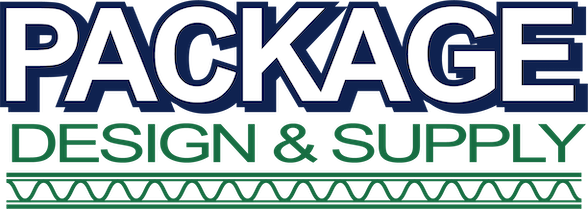Essential Tips for Choosing the Right Boxes Supplies for Your Business Needs
In today's competitive business landscape, selecting the right boxes supplies is crucial for ensuring efficient operations and enhancing customer satisfaction. According to a recent report by Smithers Pira, the global market for packaging is projected to reach $500 billion by 2025, with a significant portion driven by e-commerce and retail demands. Companies increasingly rely on effective packaging solutions that not only safeguard their products but also reflect their brand identity. For instance, the right boxes supplies can reduce shipping costs by minimizing waste and optimizing space, leading to a 20% increase in operational efficiency, as noted in the Packaging World study. As businesses strive for sustainability and cost-effectiveness, understanding the various types of boxes available—corrugated, rigid, or folding—becomes paramount. Making informed decisions about boxes supplies not only impacts logistics but also sets the foundation for long-term success in a rapidly evolving market.
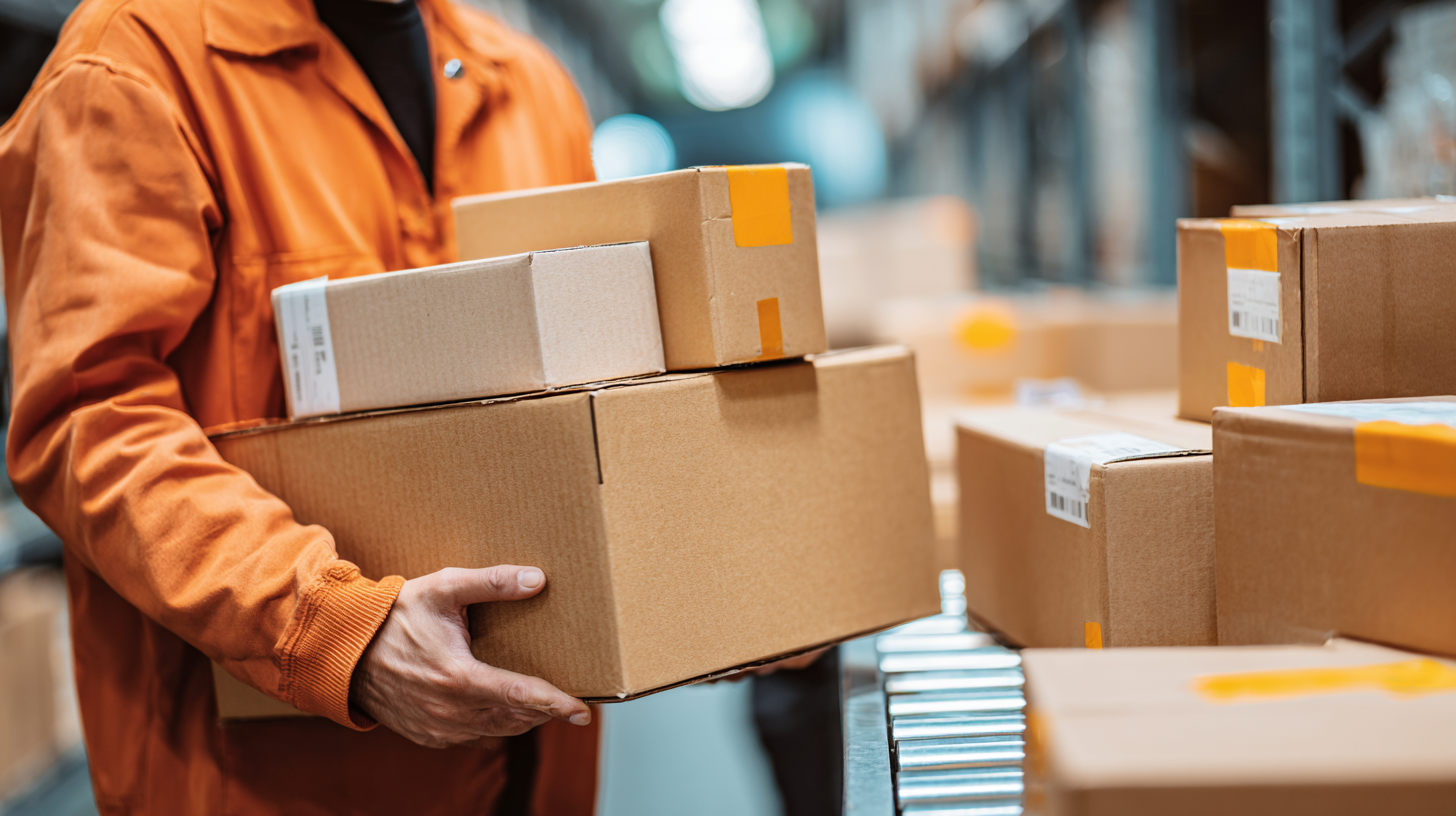
Understanding Your Business Requirements for Box Supplies
When selecting the right box supplies for your business, it is crucial to understand your specific requirements first. According to a report by The Freedonia Group, the packaging industry is projected to reach $950 billion by 2028, indicating a growing demand for efficient and reliable box materials. This growth is driven by the need for sustainable packaging solutions and the rise of e-commerce, which alone accounted for 19.6% of total retail sales in the U.S. in 2021, as reported by the U.S. Census Bureau. Thus, businesses must evaluate their shipping volume, product dimensions, and material preferences to choose the ideal box supplies.
Moreover, considering the environmental impact of box materials is becoming increasingly important. A study by Smithers Pira noted that the global market for sustainable packaging is expected to surpass $400 billion by 2027. Businesses should assess their commitment to sustainability, as incorporating eco-friendly materials can not only reduce their carbon footprint but also resonate with consumers who prefer environmentally responsible brands. By understanding these requirements, businesses can make informed decisions that align their packaging needs with industry trends and consumer preferences.
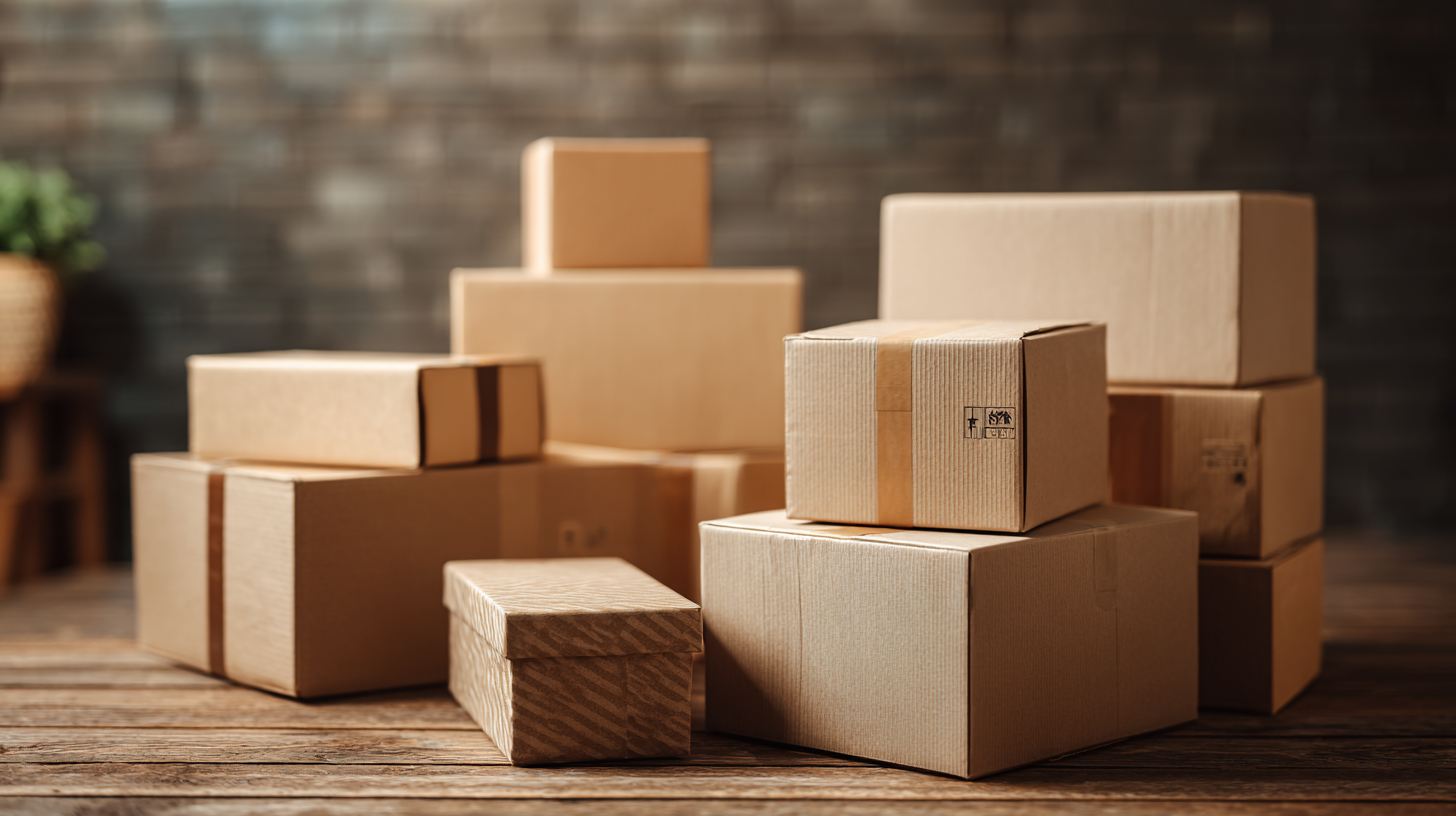
Evaluating Different Types of Box Materials and Their Applications
When selecting boxes for your business, it's crucial to evaluate the variety of materials available and their specific applications. According to recent industry reports, the paper packaging market is expected to witness significant growth, driven by a rising demand for eco-friendly packaging solutions. By 2032, the market is projected to expand notably, with corrugated board and kraft paper being among the most popular materials due to their strength and recyclability. These materials not only provide robust protection for goods during shipping but also appeal to environmentally conscious consumers.
Similarly, the automotive battery box market is experiencing rapid growth, anticipated to increase from approximately $497.2 million in 2021 to $871.6 million by 2028, exhibiting a compound annual growth rate (CAGR) of 8.4%. The materials used in these battery boxes must meet stringent safety and durability standards, making molded pulp and specialty paper viable options for manufacturers. As industries pivot towards sustainability, understanding the characteristics and applications of different box materials can significantly affect your business's operational efficiency and environmental footprint.
Essential Tips for Choosing the Right Boxes Supplies for Your Business Needs
| Box Material | Description | Best Uses | Weight Capacity | Cost |
|---|---|---|---|---|
| Cardboard | Lightweight and recyclable material ideal for shipping. | E-commerce, retail packaging, and crafts. | Up to 30 lbs | $0.50 - $1.50 each |
| Plastic | Durable and water-resistant, suitable for various conditions. | Food storage, chemical products, and long-term shipping. | Up to 50 lbs | $1.00 - $3.00 each |
| Wood | Sturdy and strong, provides excellent protection. | Heavy machinery, electronics, and fragile items. | 100 lbs and above | $5.00 - $15.00 each |
| Metal | Highly durable and secure; resistant to damage. | Industrial parts, medical supplies, and heavy tools. | 150 lbs and above | $10.00 - $30.00 each |
| Eco-friendly | Made from renewable resources, biodegradable and recyclable. | Green products, organic food, and sustainable brands. | Up to 25 lbs | $1.50 - $4.00 each |
Determining the Right Box Sizes for Your Products
When determining the right box sizes for your products, the first step is to analyze the dimensions and weight of each item you plan to ship. Selecting a box that fits your products snugly not only provides better protection during transit but also optimizes shipping costs. For fragile items, consider adding extra padding or selecting a slightly larger box that can accommodate protective materials.
Tip 1: Measure your products accurately. Always use precise measurements in length, width, and height to avoid guesses that could lead to poor fitting boxes. This ensures your items are securely packed without excessive movement.
Tip 2: Consider the nature of your products. If you sell a variety of items, it may be worthwhile to invest in a range of box sizes. This flexibility allows you to adapt your packaging based on seasonal demands or special promotions.
In addition, be mindful of shipping regulations and dimensional weight pricing. Sometimes, a slightly larger box can significantly increase shipping costs, so finding the balance between a perfect fit and cost-effectiveness is essential for your business.
Assessing the Cost and Quality of Box Supplies in the Market
When selecting box supplies for your business, assessing the cost and quality is paramount. It’s important to conduct thorough market research to understand the price range for the type of boxes you need. Compare prices from different suppliers while paying attention to bulk discounts and shipping costs. Cheap options might seem appealing, but they can lead to increased expenses down the line if the boxes do not hold up during shipping or handling.
Quality should not be compromised for cost. Investing in high-quality boxes can enhance your brand image and customer satisfaction. Look for materials that offer durability and protection, especially if you’re shipping sensitive items. Request samples or conduct tests to evaluate their strength and performance. By finding a balance between affordable prices and superior quality, you can ensure that your business is well-equipped to meet its packaging needs effectively.
Cost and Quality Assessment of Box Supplies
Exploring Sustainable Packaging Options for Eco-Friendly Businesses
When selecting packaging supplies for your business, it’s crucial to consider sustainability, especially as consumers increasingly demand eco-friendly options. According to a report by Nielsen, 73% of global consumers are willing to change their consumption habits to reduce their environmental impact. This shift highlights the importance of integrating sustainable packaging into your business model. Options such as biodegradable boxes, recycled materials, and compostable fillers not only satisfy customer demands but also enhance brand reputation.
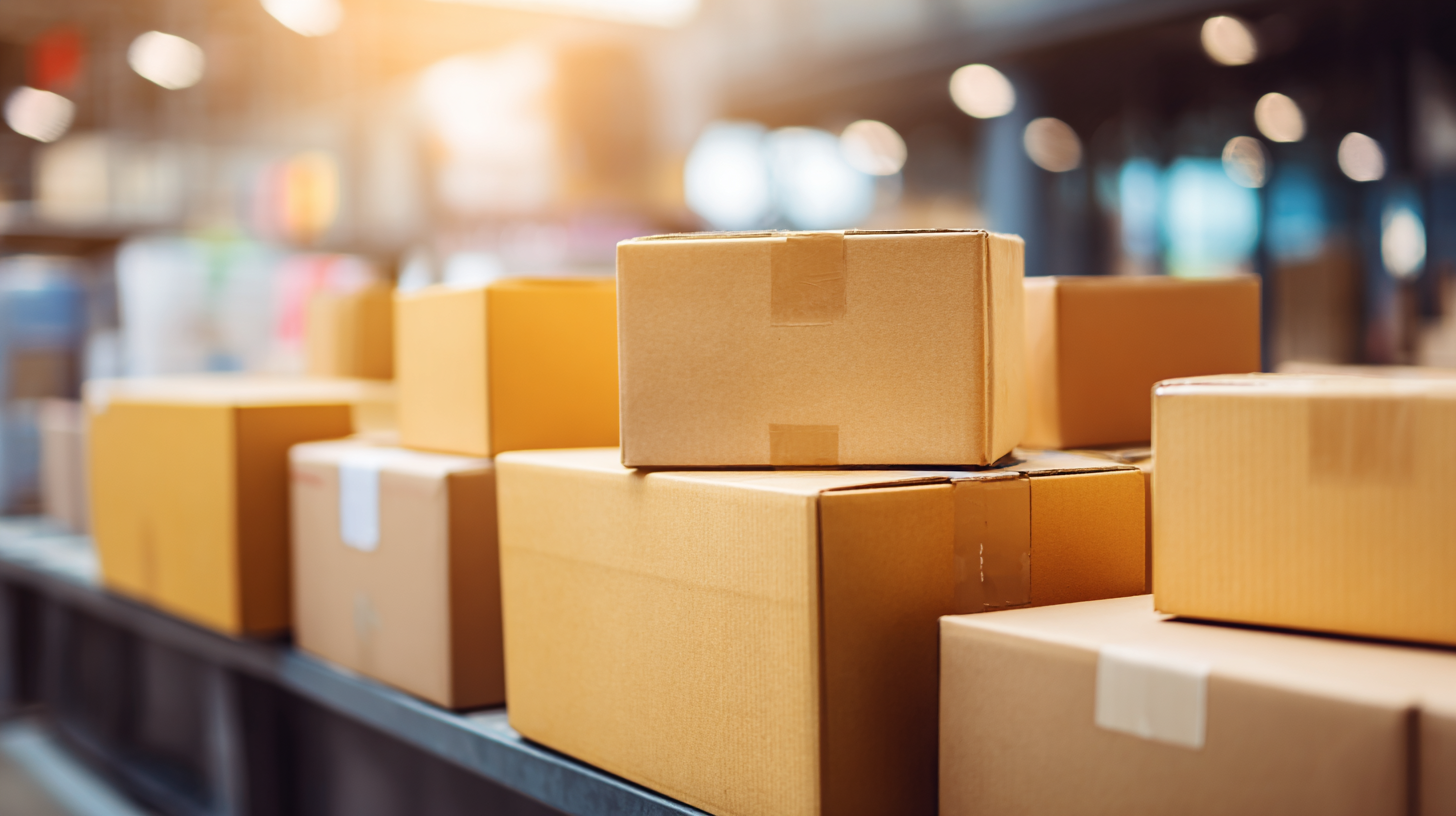
Moreover, adopting sustainable packaging can lead to cost savings in the long run. A study from Smithers Pira estimates that the global market for sustainable packaging will reach $400 billion by 2024, growing at a rate of 6.7% annually. Businesses that invest in green packaging solutions can benefit from reduced waste disposal costs and potentially lower raw material costs as they source recycled components. By prioritizing sustainable choices, companies not only meet regulatory requirements but also contribute positively to the environment, cementing their commitment to sustainability in an increasingly eco-conscious market.
Related Posts
-

What is the Importance of Custom Design Shipping Boxes for Your Business
-
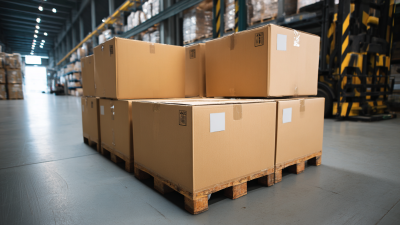
Revolutionizing Logistics: The Untold Secrets Behind Industrial Shipping Boxes
-

Maximize Your Logistics Efficiency with Custom Industrial Shipping Boxes
-

How to Choose the Right Boxes Supplies for Your Business Needs
-

Emerging Trends in Packaging Supplies Boxes at the 2025 China Import and Export Fair by Industry Analysis
-

Transform Your Brand with Unique Design Packaging Boxes That Stand Out
